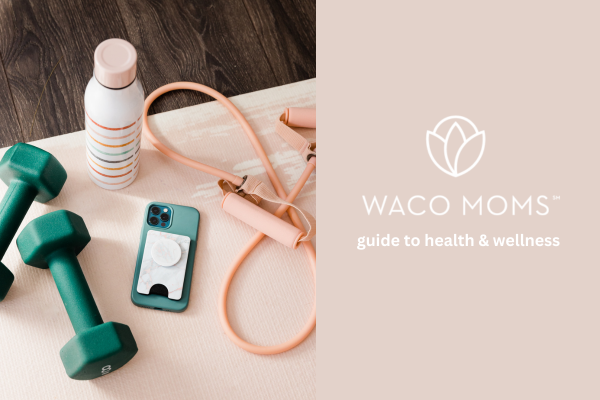I’m 45 years old with no indicators of heart disease, so it’s not like I was expecting this to happen.
As the wave of nausea swept over me, I felt an overwhelming sense of queasiness. My head started to feel fuzzy, and I struggled to focus on anything around me. Suddenly, I found it difficult to catch my breath with each labored inhalation. I felt an internal heat spreading throughout my body, causing my skin to become clammy, as if I had a fever or had been in the sun for too long. An ache began to creep along my shoulder, but it wasn’t in the muscle. This could describe the start of any number of illnesses. I knew I was having a heart attack. Would you know?
It had been a normal Friday at work and home. My husband and I attended a marriage conference at our church, followed by an after-party. One of the activities was silent disco – I had heard of this and was so excited to try it! I was having a fabulous time dancing to NSync, when I instantly got nauseous and struggled to catch my breath. My first thought was, “I must be really out of shape and probably shouldn’t have eaten those M&Ms.” I laid my headphones aside, grabbed some water, and headed for a seat to rest and cool off. Once I steadied myself, we headed home, convinced we had out-aged this sort of fun. But as my symptoms persisted and worsened even while I was resting, I realized that something more serious was happening. I noticed that my heart was racing and my blood pressure was high, and then I began to experience aches and tension in my left shoulder and right neck. That’s when I knew what was happening. I told my husband, “I’m having a heart attack. We have to go to the ER.”

3.2 million women suffer heart attacks each year, but many of these go unrecognized. Consequently, heart disease the #1 cause of death for women in the United States. Heart attacks affect women differently than men with more subtle symptoms. It’s not the dramatic scene from movies where the person (usually a man) grabs their arm and falls over. The signs are sometimes dismissed as indigestion, panic attack, gas pains, or just being out of shape. Knowing the signs of a heart attack is key to catching it early and seeking emergency care, which minimizes the damage to the heart.

We arrived at the ER less than an hour after the symptoms started, and I told them I was having a heart attack. They checked my blood pressure and heart rate, did an EKG and chest X-ray, as well as a blood test for cardiac enzymes. If you’ve had a heart attack, your body produces cardiac enzymes, so there’s a test to determine if it’s happened. My enzymes numbers were extremely high, so they began treatment immediately. After more tests and monitoring in the hospital, the cardiologist determined I had Takotsubo Cardiomyopathy, commonly known as “broken heart syndrome.” This normally happens in response to a traumatic event or extreme stress. . . and then there’s me.
We have no idea why my heart went crazy. The good news is that this condition is treatable. My heart had minimal damage because we treated it so early, so I’m expected to heal quickly. I am so grateful to the American Heart Association’s Go Red for Women campaign for teaching me the signs of a heart attack.

















